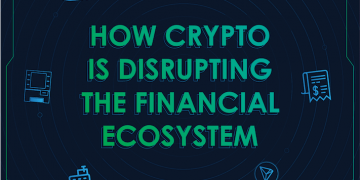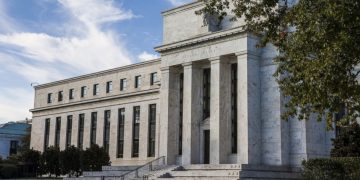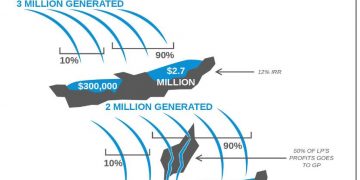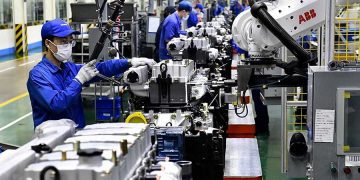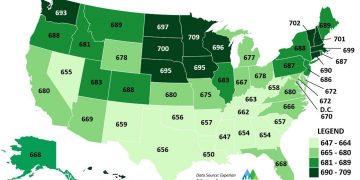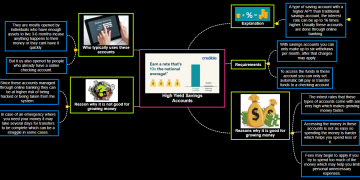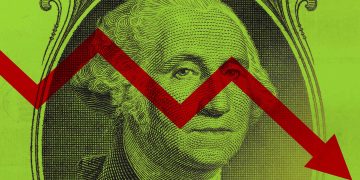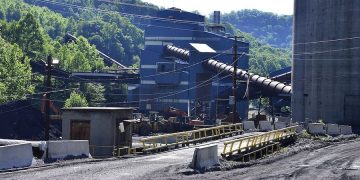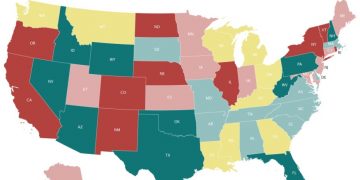Protection leaders who direct more than $13 trillion in resources anticipate the U.S. to enter a downturn soon, as per a yearly study led by Goldman Sachs Group Inc.
Of 328 boss venture officials and CFOs surveyed, over 60% expect the world’s biggest economy will encounter a slump in the following few years. The outcomes specify “an unmistakable change in viewpoint worldwide,” Goldman said in the report.
In one more takeoff from earlier outcomes, 59% of respondents recognized expansion as one of the best three macroeconomic dangers to venture portfolios, with 28% positioning it No. 1. In the interim, 43% recorded fixing U.S. financial arrangement among their main three, with 20% allocating it to the top opening.
The adjustment in context shows up as Federal Reserve authorities signal they will find forceful ways to get control over spiraling expenses and wages. The buyer cost record hit a 40-year high last month, while strong positions information distributed Friday added to mounting proof that the economy is overheating. Goldman directed its study before Russia attacked Ukraine, and the conflict has just demolished inventory network growls and materials deficiencies. Safety net providers are assessing ventures that could end up being useful to them to counter those dangers.
“We hope to see safety net providers keep on building positions in confidential resource classes as well as expansion supports, including private value, confidential credit, and land,” Michael Siegel, worldwide head of protection resource the board for Goldman Sachs Asset Management, said in an explanation. “These resources can demonstrate necessary to broadening portfolios while streamlining capital-changed returns, especially over a more extended term time skyline.”
In excess of 33% of guarantors set products among the main three resources, they hope to convey the most elevated all-out returns in the following year, a positioning that has been overwhelmed by confidential value and developing business sector values throughout the previous three years.
All things being equal, the report found “respondents show practically no craving for expanded portion to wares in 2022,” probable because of “high authentic unpredictability and capital shortcoming.”

